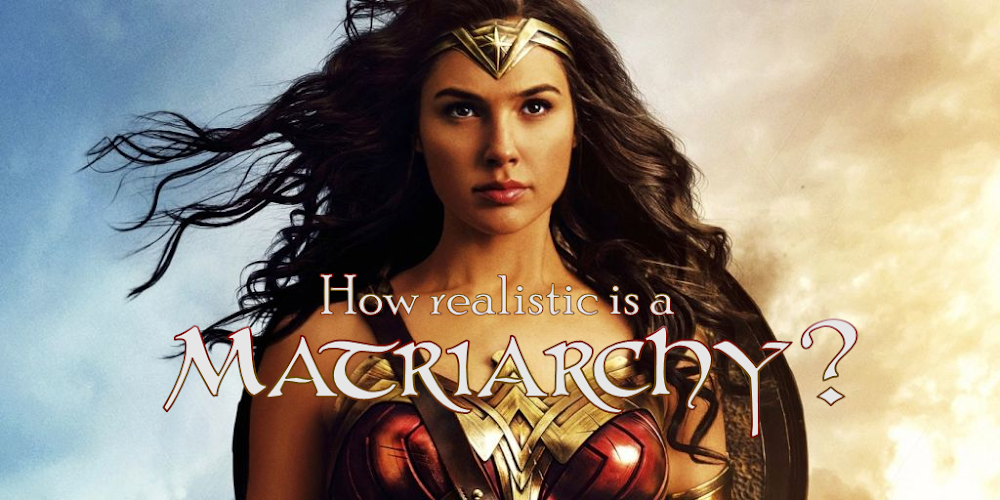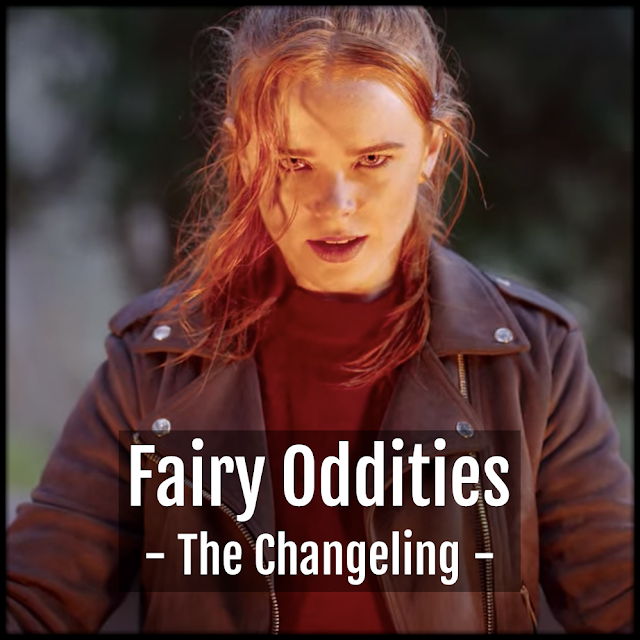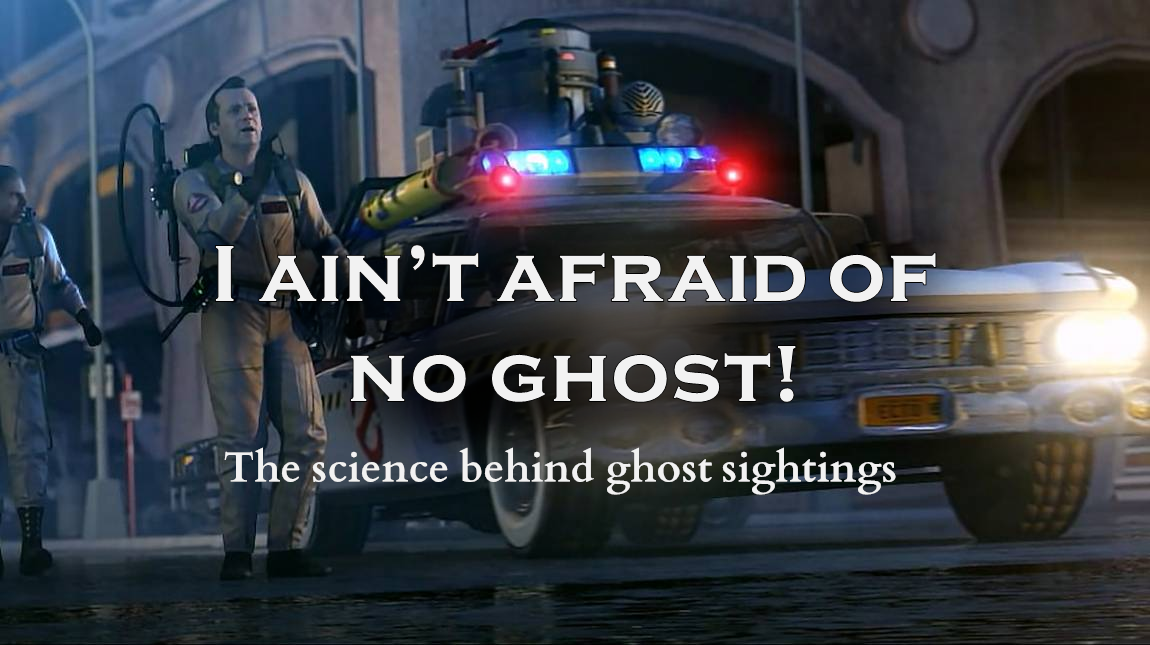Everything is meaningless - The Melancholic Hero

Hey there, traveler!
Melancholic figures have been a part of literature since the classical era, although not always with the same frequency or popularity. They are dark, brooding, lost in their own world of gloom, and likely see the world with an irritatingly negative perspective. They had their peak during the 19th century, the era of romanticism, but today they tend to irritate readers and other audiences. How did they change so rapidly in such a short time? That’s what I aim to find out.
Today’s post is more about my personal thoughts and deductions rather than scientific research, but I hope it’ll be just as interesting.

So, first of all, what is melancholy?
To simplify things, melancholy is a state of low mood, gloomy thoughts, and overall enerved behavior. The word came from the Greek ‘melaina chole’ meaning black bile, from an age where physicians thought behavior was dictated by four humours and their distributions in the body. Black bile caused dark thoughts, that’s where the concept originated. It often manifests as a symptom of a couple of mental conditions like depression or bipolar disorder, but it can appear in healthy individuals as well. It’s mainly a consequence of environmental effects. Some people feel melancholic from the weather, some sink into melancholy from grief or personal stress-or as we shall see, it can be a fashion wave.
The main difference between melancholy and depression is the time frame. Depression is longer, more persistent and causes deviations in the chemical composition of the body (a low level of serotonin, the “happy hormone”, or more accurately the “take a shower, eat, live like a human hormone”), while melancholy isn’t so drastic and it mostly passes after hours or days. Constant melancholy can be a sign of growing depression, but that’s a more serious condition with deeper root causes.

Melancholic heroes were made famous during the romanticism, a cultural era during the 19th century. You may remember such poets like Johann von Goethe, William Wordsworth, or perhaps more popular names like Mary Shelley, the author of Frankenstein, or Edgar Allan Poe. If you think about characters like the titular hero of The Sorrows of Young Werther, Victor Frankenstein, or Eugene Onegin from Russian literature, you can picture this hero type. They all have some sort of deep moral or emotional pain they carry with them, have a general disinterest in the normal way of life, and like other melancholic people’s company. They became extraordinarily popular, so much so that The Sorrows of Young Werther caused a wave of suicides across the world of young readers trying to mimic their hero.
If you think about why they were so popular and relatable, it all comes from the overall zeitgeist (that’s a new word I learned today, it literally means time ghost in german) of disappointment and the waning of such trifling problems as do we have enough food to eat tomorrow if we survive the plague. After the great Enlightment, people were taught not to believe in divines and churches, rather ration and science-until that hit a brick wall too. Science back then couldn’t explain everything people asked, so they were left in the void with no gods and no answers. Since the general quality of life improved, the constant fear of hunger and diseases weren’t threatening enough to take people’s minds off the topic, so they lost hope. They didn’t have answers, but they were chock full of questions. This led people to believe they will never get any answers because everything was meaningless. That, as you can imagine, can cause some serious broody mood, so people found these melancholic heroes like Werther and Onegin relatable and as such interesting to read about. It reassured them in their sorrow that everyone, even the popular literature was like them: hopeless, lost, and tired.

So, what changed that made them fall from grace?
Well, everything. Science came up with new answers, people found new sources like occultism and the big questions of life turned out not so interesting after all. Couple that with the rapid development of mental health and melancholy quickly goes out of fashion. Then the cracks start showing on these mysterious, painful heroes.
First, they are reluctant to do anything. Melancholic figures tend to avoid any responsibility, and similar to depressed people they need someone to constantly drag them through any adventure worth reading about by force. If your hero needs a kick up his ass every step of the way, it can really irritate the audience.
Second, they exclude a lot of popular tropes. This character won’t create a found family, won’t be at the wrong place at the wrong time unless that place comes to them, he probably won’t have a romantic subplot. You can’t even root for them to win, because most of the time they don’t want to. The only thing they can have is a development that takes them out of this state, but that’s a risky option. If you drag the sadness out too long, people will still see the previous problems and probably won’t care about the character enough to cheer for the development. If it’s too short, it can’t be really considered a melancholic hero’s journey because the bulk of the character’s… well… character isn’t gloomy.

My favorite modern example is Quentin from Lev Grossman’s The Magicians (who would’ve guessed, am I right?) For those of you not in the know, let me summarize. Quentin starts as a depressed teenager just before university and has no idea what to do with his life. He gets invited to a super-secret magical college where he learns to do magic, but it turns out boring. Then he gets to visit Fillory, this book’s version of Narnia he read about all his life, but that turns out shit as well. Quentin ends the book just as depressed he started, and a lot of people hate him with a passion for not being able to appreciate every nerd’s dream.
But let me tell you what saves him and this whole character type for me-it’s still relatable in a different way. As we discussed before, depression often comes with melancholy and it’s an ever-growing problem in our modern society. The most compromised age group is college students, especially at the start of their education. Enormous pressure from every front, social changes and the looming responsibilities of adulthood can damage their (well, our) mental health and personally, it felt reassuring to read about someone in a similar situation. It felt like the world didn’t turn a blind eye on my problem and I suspect I am not the only one.
How about you? Do you find these heroes intolerable? Can you relate with their constant whining and pessimism? Dou you have a favorite exception like I do? I’d love to hear about it! Until then, take care travelers.
Cheers,
Dar



Comments
Post a Comment